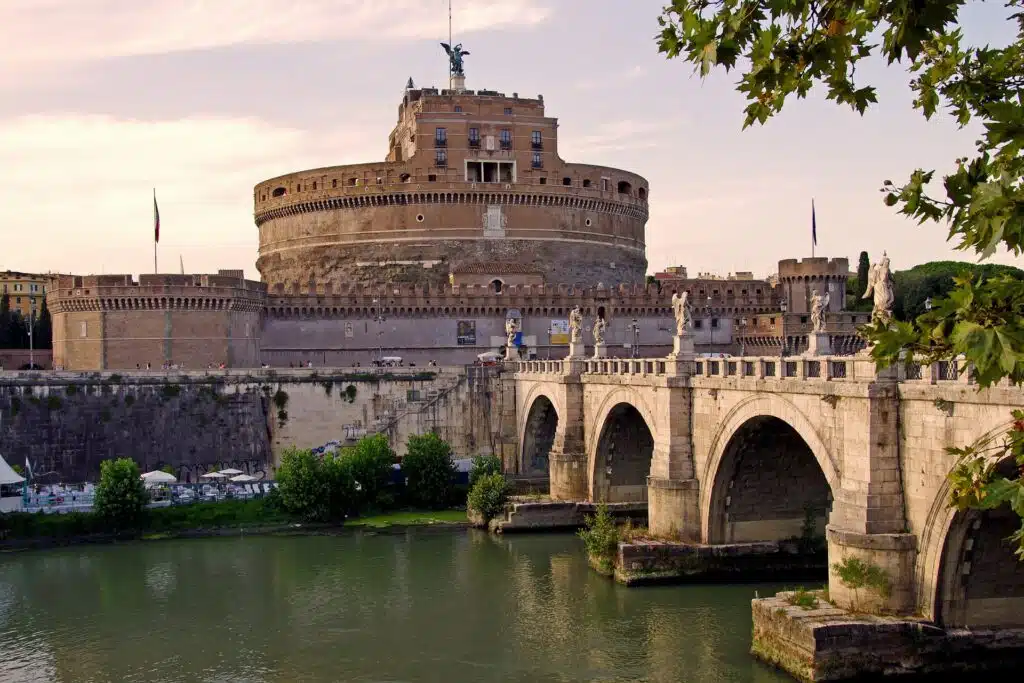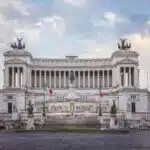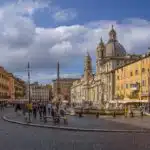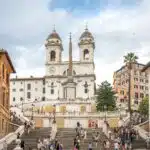Castel Sant’Angelo, also known as the Mausoleum of Hadrian, is a towering cylindrical fortress located on the right bank of the Tiber River in Rome, near Vatican City. Originally built as a mausoleum for Emperor Hadrian and his family in the 2nd century AD, it has served various purposes throughout history, including as a fortress, papal residence, and prison. Today, it stands as a museum showcasing its rich history and offering panoramic views of Rome.


Explore the Mausoleum of Hadrian at Castel Sant’Angelo
- The Mausoleum:
- Original Tomb: Explore the foundational structure where Emperor Hadrian and his family were originally entombed, highlighting the architectural transition from mausoleum to fortress.
- The Papal Apartments:
- Renaissance Rooms: Visit the lavishly decorated rooms used by popes as a refuge during times of conflict, featuring frescoes and ornate furnishings.
- The Ramparts:
- Defensive Walls: Walk along the ancient defensive walls that provide insight into the fortress’s military past and enjoy stunning views of the city.
- The Angel Terrace:
- Panoramic Views: Reach the top of the castle for breathtaking 360-degree views of Rome, including St. Peter’s Basilica and the Vatican.
- The Museum:
- Artifacts and Exhibits: Discover a range of artifacts, including weaponry, paintings, and sculptures that chronicle the building’s diverse history.

Visiting Tips for the Castel Sant’Angelo
- Buy Tickets in Advance: Purchase tickets online to avoid long queues, especially during peak tourist seasons.
- Guided Tours: Consider a guided tour to gain deeper insights into the history and significance of the castle.
- Photography: Bring a camera for the stunning views from the terrace and to capture the historic interiors.
- Combine with a Vatican Visit: Due to its proximity, consider visiting Castel Sant’Angelo in conjunction with a trip to Vatican City.
Interesting Fact
- Legend of the Angel: The castle is named for a vision seen by Pope Gregory the Great in 590 AD, where the Archangel Michael appeared atop the mausoleum, sheathing his sword as a sign of the end of a plague.










